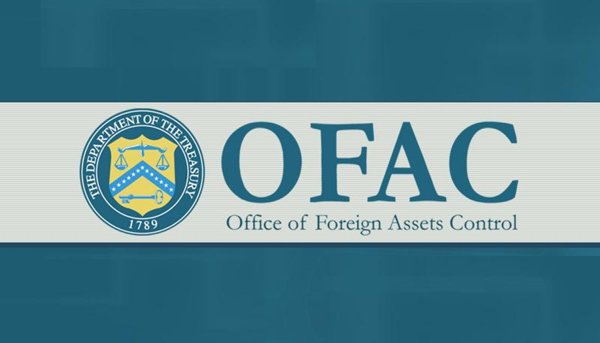Three Tips for Responding to OFAC Administrative Subpoenas

It’s been a long time since I’ve written a “how to” piece on SanctionLaw–or anywhere else for that matter. However, having just filed a response to an administrative subpoena issued by the United States Department of the Treasury’s Office of Foreign Assets Control (OFAC), I’m feeling nostalgic. In my practice I often find that many OFAC administrative subpoena recipients try to do it themselves. That approach often times leads to less than desirable results. While every case is different, and the strategic approach will vary depending on the subpoena, I nevertheless offer three general tips for responding to an OFAC administrative subpoena.
1. Use Excel. This is not a joke. I have literally heard multiple enforcement officers from both OFAC’s Enforcement Division, and OFAC’s Compliance Division (responsible for investigations of sanctions violations by financial institutions), say that OFAC loves spreadsheets. While some of the inquiries contained in administrative subpoenas will require narrative responses, any time you are seeking to detail transactions that are responsive to one of OFAC’s inquiries it is a good idea to identify those transactions in a spreadsheet. The spreadsheet should include, at a minimum, the date of the transaction, the nature of the transactions, the value of the transaction, and the parties involved in the transaction. It has even been suggested by some that the use of spreadsheets can help earn mitigation credit under OFAC’s “Cooperation” General Factor.
2. Do Something to Prevent Future Violations. It’s my understanding that OFAC is not a big fan of the “it won’t happen again” argument. They want to see some actual remedial action take place. This often times elicits groans from clients who feel that their compliance practices are adequate and it was just a one time mistake, or who believe they are too small to require compliance measures. Unfortunately, doing nothing to prevent future violations from occurring–particularly, after being investigated for apparent violations of OFAC sanctions–is not a good idea. For financial institutions the change can be as minor as adjustments to the filters on their screening software. Exporters, on the other hand, may want to update their sanctions policies and procedures, or provide additional training to their staff. The point is to do something to ensure you don’t make the same mistake twice.
3. Use the Force..er, the Enforcement Guidelines. OFAC follows certain guidelines in carrying out its investigations of apparent violations of various sanctions programs. Those guidelines are embodied in the Economic Sanctions Enforcement Guidelines, or the Enforcement Guidelines for short. The guidelines describe a number of characteristics of an OFAC enforcement investigation including how penalties are calculated, and what factors OFAC considers (known as “General Factors”) in rendering its decision on a particular enforcement matter. These General Factors include a review of whether the conduct was willful or reckless, the commercial sophistication of the violating party, the remedial action taken by the violating party, etc. It can be of significant benefit to include an analysis of the OFAC Enforcement Guidelines in the subpoena response. Rather than just solely provide a response to OFAC’s questions, including an analysis of the facts of the case in light of OFAC’s enforcement guidelines may help call to OFAC’s attention certain considerations that could lead to a mitigated enforcement response. Any well formed subpoena response should contain such an analysis.
While these tips may seem a bit basic, they are undoubtedly effective and necessary to preparing the best possible response to an OFAC Administrative Subpoena. Handling an OFAC enforcement matter is a serious endeavor and should be addressed properly so as to avoid making a bad situation worse. Following these tips should help address such a matter adequately, but a party receiving an administrative subpoena from OFAC should still consult with a licensed legal professional knowledgable about OFAC sanctions regulations, and experienced in handling OFAC enforcement matters.
The author of this blog is Erich Ferrari, an attorney specializing in OFAC matters. If you have any questions please contact him at 202-280-6370 or ferrari@ferrariassociatespc.com


